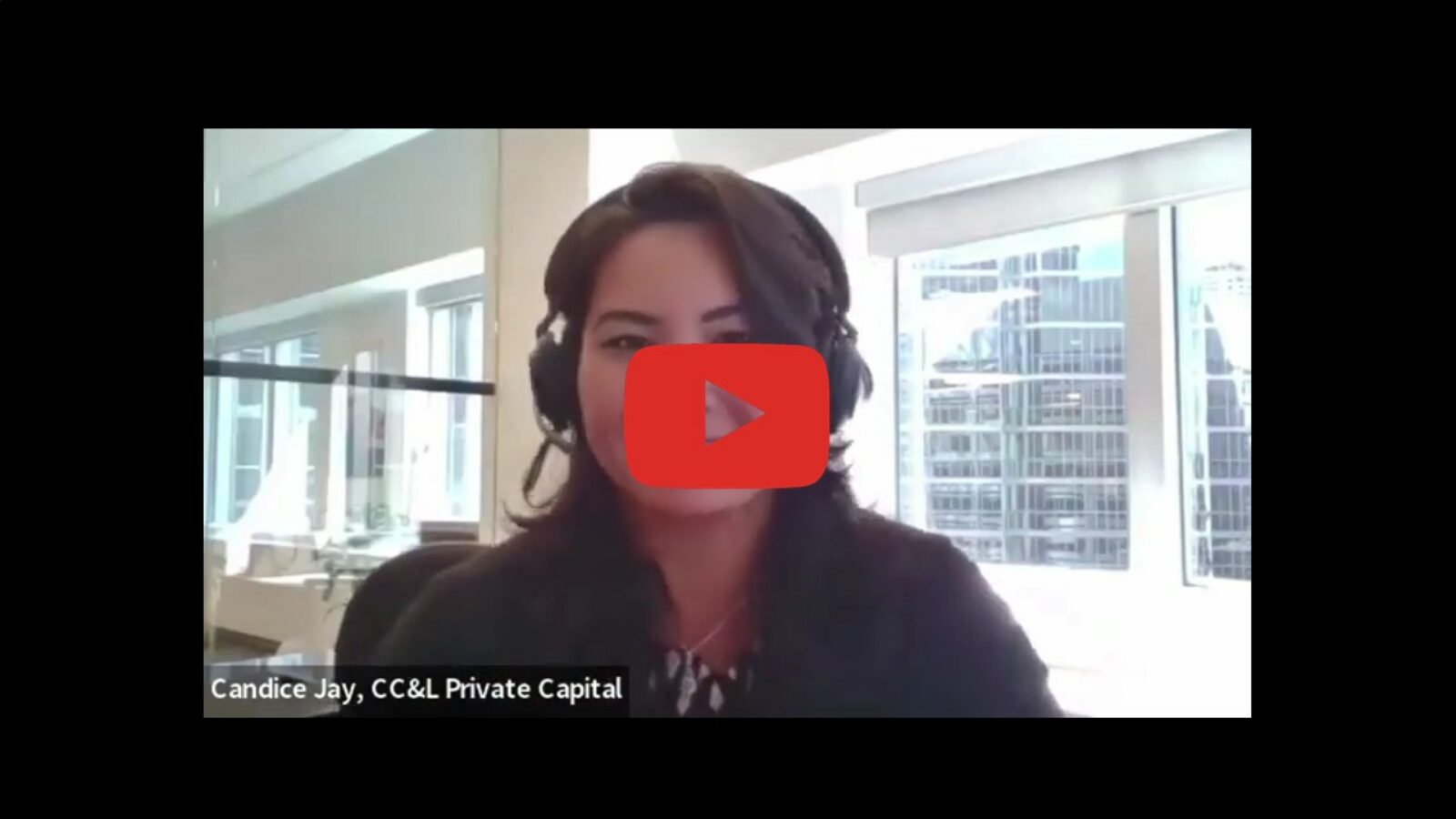Here’s a little known trick more Canadians should know about – using securities (such as stocks, bonds, and mutual funds) to make a charitable donation is one of THE most effective ways to give. When it comes to your Will, donating securities can form part of a strategic estate plan that lets you leave more for your family, your loved ones and the causes you care about.
Follow this easy 7 Step Guide to learn how to donate securities in your Will, and why you might want to do it.
The Benefits of Donating Securities
If you’re reading this article, you’re probably already thinking aboutmaking a significant contribution to a cause you care about.
What might surprise you though, is that Canada has some of the best tax incentives in the world for charitable giving. Our government has created over twenty pieces of legislation to encourage Canadians to give. So why not take advantage of them?
The first place you’ll want to start is with any publicly traded securities that have appreciated in value. Donating publicly traded securities to a charity offers several advantages.
1. Tax Benefits:
Securities that have appreciated in value are subject to what’s called capital gains tax. This means that half of whatever profit you’ve made on a stock (the original market price – the current market price) will be taxed.
However, if you donate that stock to a registered charity you eliminate the capital gains tax…completely. Neither the donor nor the charity will have to pay taxes on the appreciation of the donated securities.
2. Charitable Tax Credits:
If you donate that stock to charity, you’ll ALSO receive donation tax credits that can help pay down income taxes. You can claim as much as 75% of your net income in charitable tax credits in a year, and carry forward any excess amount.

“Your financial advisor will be able to calculate the most advantageous securities to donate.”
Now, if you choose to make that donation in your Will, your estate can claim charitable tax credits up to 100% of the net income in your year of death and the preceding year. Why is this important? Because your estate will likely have a pretty heavy tax bill when you add up your final year of income plus all your assets sold. These charitable tax credits can go a long way to reducing the overall tax burden on your estate.
3. Leaving a lasting legacy:
Tax benefits aside, donating securities allows you to potentially provide more funds to a cause that is important to you than cash donations alone. It’s a way to fulfill your “generosity dreams” and leave a mark on this world.
I remember this one client, who spent her whole life investing within her registered retirement savings plan (RRSP). Like many of us, she was building a nest-egg, some financial security for the future.
When I met this client, she had just turned 71 and her RRSP had now turned into a registered retirement income fund (RRIF). This meant she was now required to take a portion of her money out of her RRIF each year, and it would be counted as income on her annual return and taxed accordingly. My client was pretty shocked by this, especially when she saw how much more she’d have to pay in taxes…certainly more than she had planned for!
So to alleviate some of that stress, we came up with a plan to donate in-kind some of the securities in her registered fund to a charity she had long been volunteering with. She was able to bypass the capital gains tax on that stock, get a charitable tax credit that helped pay down the taxes she would owe, and feel good about it all at the end of the day.
The 7 Step Guide to Donating Securities in Your Will
Ok, now that we’ve covered why you might want to use your securities to donate to charity, let’s talk about how. (You’ll be happy to know it’s actually quite easy…your advisors do all the work!)
Step 1: Identify Eligible Charities
This strategy can’t be used with any non-profit, only donations to registered charities qualify for the tax benefits. You can search for charities and find their charitable registration number here.

You can also visit the Canadian Revenue Agency (CRA) website.
Additionally, when selecting your charity of choice, confirm that they do indeed accept gifts of securities. Some small charities do not have capacity to accept these kind of gifts and rely on larger institutions like Community Foundations to complete the transaction. Most large charities will have a specific form for your advisor/institution to fill out when transferring your securities, and specific wording for your Will.
It’s also a good time to ask your charity if your donation should go to a specific program or if it should be “unrestricted”, allowing the charity to allocate funds based on need at the time. After all, they are the experts in their own mission and mandate.
Step 2: Choose the Securities to Donate with Your Financial Advisor
Identify the publicly traded securities you wish to donate. These can include stocks, bonds, mutual funds, and other securities. It is often most beneficial to donate securities that have appreciated significantly in value, as this maximizes the capital gains tax relief. Your financial advisor will be able to calculate the most advantageous securities to donate.
Step 3: Align with Your Overall Estate Plan
Engage your financial advisor, accountant, institution, lawyer – whoever is helping to manage your money now and in the future – to ensure that this donation aligns with your overall financial goals and estate plan. Advisors can also help you understand the tax implications and indicate the correct language to be used when donating through your Will.
Pro tip: not all advisors are well versed in charitable tax incentives and how best to make use of them. Find financial advisors that are experts in this area, or download Will Power’s guide to speaking to your advisor charitable giving.

Step 4: Include the Donation in Your Will
Explicitly state your intention to donate securities to the chosen charity(ies) in your Will. The language should be clear and specific about which securities are to be donated, and that they should be transferred to the charity. Your estate will only be exempt from the capital gains tax if the charity sells the stock itself.
Step 5: Make Sure Your Executor Is Aware
Ensure that you’ve designated an Executor in your Will (and that they know they’ve been designated!). This individual will be responsible for carrying out your final wishes, and responsible for contacting the financial institution holding your securities and then facilitating the transfer process.
Another pro tip: being an Executor is an extremely important (and time-consuming) job. So it is imperative that you spend time thinking about the best person for this role. Along with the necessary legal documents, you may wish to include a non-binding letter to your Executor explaining the intention and reasoning behind the choices you have made with your estate. It could make things easier for them.
Step 6: Keep Documentation
Maintain detailed records of the securities to be donated, including their cost base and current market value. This information will be essential for your executor when it’s time to transfer the securities, and for your estate to claim the tax benefits. Your financial advisor can help with this.
Step 7: Notify Your Charity & Other Beneficiaries
Last, but definitely not least, it is important to let the other beneficiaries of your estate know about your intended donations. These kind of conversations provide clarity to your loved ones, and help mitigate any potential misunderstandings or conflicts when your estate is being processed.

And if you haven’t already, make sure to inform your chosen charity(ies) about your intended gift so that they can ensure they have the necessary information to facilitate the transfer.
Leaving a gift in your Will is a great opportunity to have more impact in this world. Using your securities to make that impact helps you maximize the benefits for your estate plan too. It’s the best of both worlds.
But please remember that working with professionals, having conversations with loved ones and doing your research is critical to making this a smooth process. For more information, or if you have any questions, please email Serena at [email protected].
Topic: Financial Tips




